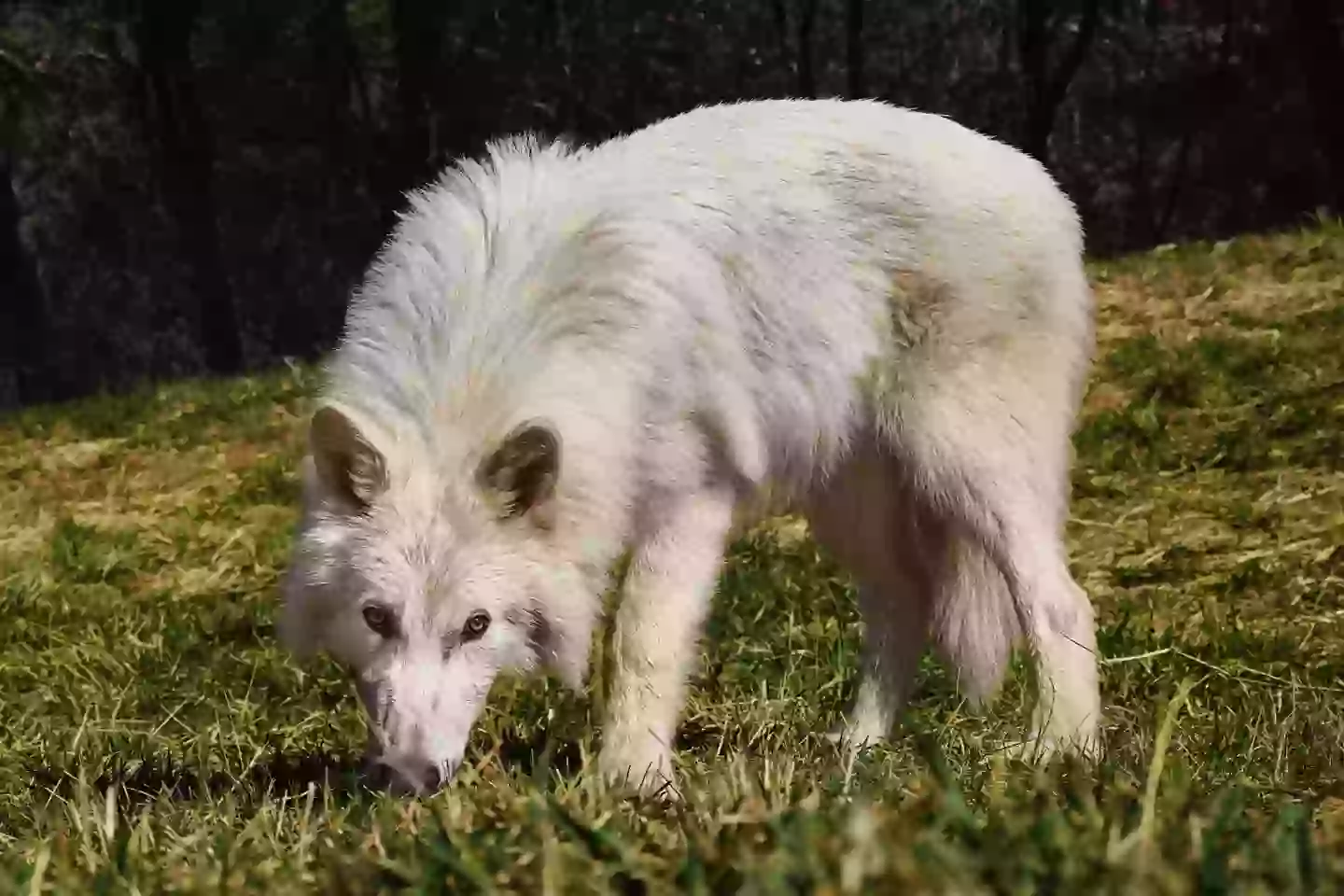A company has claimed to have brought the dire wolf back to life, 10,000 years after the canine's extinction.
Or has it?
You'll know them as the companions of the Stark family in fantasy series Game of Thrones but, just like in the first episode of the HBO series, a genetic engineering company has claimed to have brought the creature back from dead.
The company claiming to have pulled off this major step is Colossal Biosciences, who shared the major update yesterday (7 April), claiming that three dire wolf puppies - named Romulus, Remus and Khaleesi - had been born.
Sharing the update on social media, Colossal Biosciences explained the wolves were created by using 'genetic edits derived from a complete dire wolf genome' which were then transferred into surrogate dogs.
Winter is coming (Colossal Biosciences) Dire wolves had lived in the American continent between 125,000–10,000 years ago. It's not known how the animals died out, but scientists believe loss of prey may have been a contributing factor.
"The dire wolf has been extinct for over 10,000 years," Colossal Biosciences wrote on X.
"These two wolves were brought back from extinction using genetic edits derived from a complete dire wolf genome, meticulously reconstructed by Colossal from ancient DNA found in fossils dating back 11,500 and 72,000 years.
"This moment marks not only a milestone for us as a company but also a leap forward for science, conservation, and humanity."
"This massive milestone is the first of many coming examples demonstrating that our end-to-end de-extinction technology stack works,” Colossal cofounder Ben Lamm added (via CNN.)
The male pups, Romulus and Remus, were born on 1 October, 2024, followed by the birth of Khaleesi on 30 January, 2025.
However not everyone is in agreement over the company's claims to have brought a species back from extinction for the first time in history.
According to New Scientist, the pups are not exact genetic matches for the extinct species.
The outlet said that Colossal Biosciences Beth Shapiro had stated the pups shared '99.5 percent of their DNA' with dire wolves but noted that a grey wolf genome, used as a donor species to help create the dire wolves, was '2.4 billion base pairs long', which means there is a high possibility the two aren't exact matches.
The wolves are considered genetically modified grey wolves (Colossal Biosciences) Despite doubts cast by other scientists, Shapiro stands by the work completed by Colossal Biosciences, telling New Scientist: "Species concepts are human classification systems, and everybody can disagree and everyone can be right.
"You can use the phylogenetic [evolutionary relationships] species concept to determine what you’re going to call a species, which is what you are implying… We are using the morphological species concept and saying, if they look like this animal, then they are the animal."
She also added that there currently are no plans to let the animals breed.

 Brenna Cooper
Brenna Cooper
